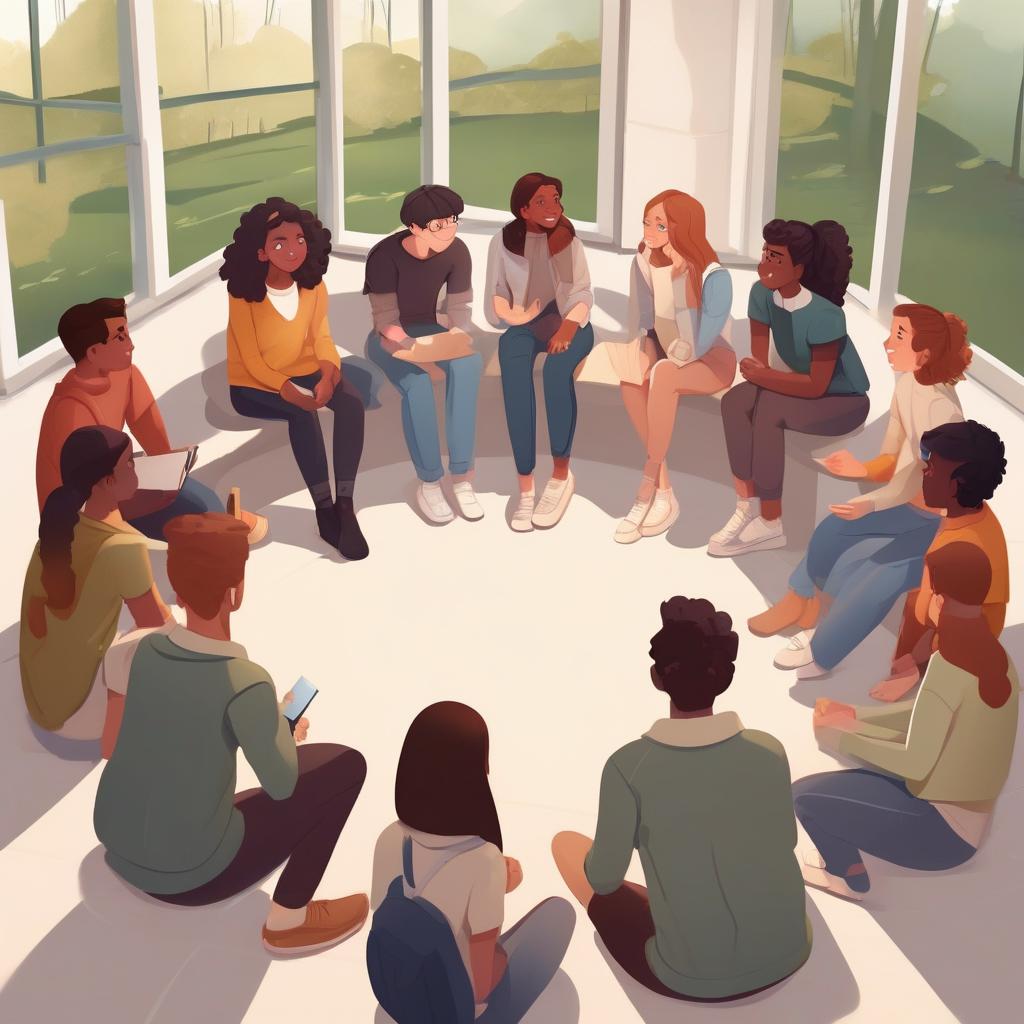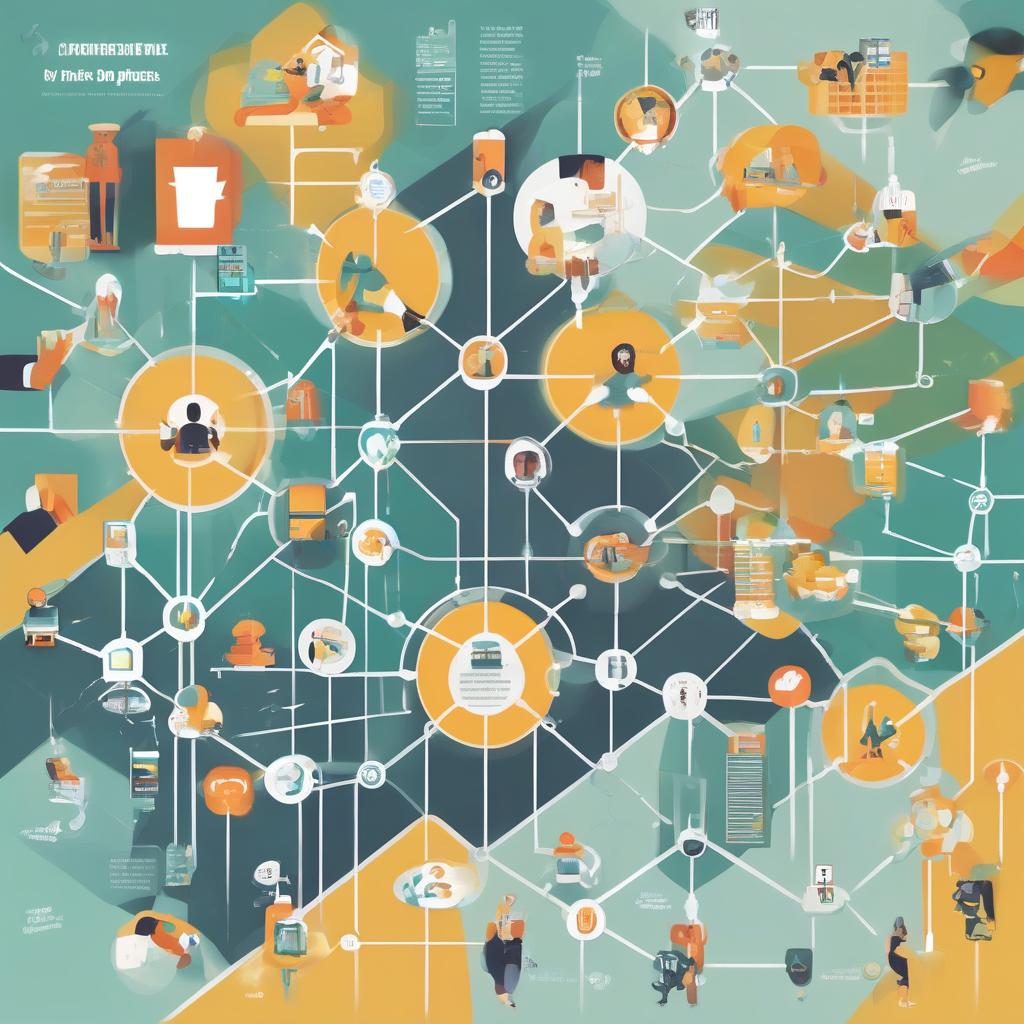Who are the most passionate advocates for your organization? You might immediately think about your dedicated colleagues or your most loyal donors but what about your volunteers? Volunteers can do anything with their free time but they choose to support your organization. Engaged volunteers can be a force multiplier if you build strong relationships. Some of the best relationships I have built over my career have been with volunteers. Many I consider life-long friends. There is one volunteer in particular that I met in my first year of fundraising that I still speak with a few times every year.
It was a dark and stormy night, it actually was. We had planned to meet at the beach club of another volunteer and traffic had him tied up. There was a bad accident and the club member was going to be very late; he actually never ended up making it. While we waited, Paul and I chatted about the school, his work, classmates, and his history as a volunteer. He shared the good experiences he had and the challenges he faced. He gave me advice as a new person entering the advancement department and helped me understand the culture of the school. We sipped club soda with a splash of cranberry and watched a storm roll across the Connecticut coastline. We solved all the problems of the world, metaphorically of course. That one visit ended up being the start of a life-long friendship.
Paul and I worked together over the next twelve years. When he became president of the alumni association and I became director of development we charged ahead with ideas that got their start that stormy night. We built an alumni engagement program that provided meaningful volunteer opportunities for alumni and added value to the experiences of current students. It was a ton of work. Paul engaged legions of fellow Griffins spanning decades to create a network that connected alumni with each other and with the school. Alumni engagement was often lamented as a weakness when the school thought of its advancement program but working with Paul, it became a strength. His charismatic nature, willingness to go above and beyond, and tireless dedication earned him every honor the school could bestow. He moved mountains. It wasn’t until I moved to another organization that I realized how rare people like Paul are.
Paul worked a full time job and owned his own business but he always made time for his volunteer work. I suspect he spent more time volunteering with our organization than he did working his day job, or he just didn’t sleep – both are possible. Paul realized how important it was to bring others together to work alongside him. He helped refine volunteer job descriptions, built compelling meeting agendas that made people want to participate, and always ensured we had fun along the way. Fun was essential. Paul would travel to regional events, whenever his schedule would allow, to talk about the great things happening from the alumni perspective and share how others could get involved. He was cheerleader-in-chief.
Whenever we would have an alumni association meeting, Paul would lead from a place of humility. He would recognize the contributions of others, elevate the voices that were too timid to speak, and support my goals as an advancement leader in a way that was organic and authentic. He bridged the gap between staff and volunteers seamlessly. Paul helped me learn what was important to alumni, what engagement truly meant, and how to build volunteer experiences that would generate support but also inspire. Along the way, Paul gave me advice, served as a sounding board, and was an extraordinary mentor. We weathered all kinds of storms over our twelve years; disenfranchised alumni, transitions in leadership, births, deaths, and directional changes but we always stayed on the same page. I’d like to say we supported each other, but really, he supported me. The entire department loved Paul. You would see him pull into the parking lot but knew it would take him an extra 30 minutes to get to any meeting because of the hugs he would collect along the way. He knew the name of every child and dog. He could remember exactly what you talked about last time he saw you, even if that was two years prior. Paul made me love and respect the role of volunteers.
I’ve seen plenty of leaders that look at volunteers as a free labor source or just like they look at donors like ATM machines. Those individuals fail to see the importance of relationships. At the core of nonprofit work is people. I learned that volunteers are most effective when you make them your partners. The best way to do that is to build programs that are meaningful to them. Yes, your organization has goals and needs but I would encourage you to build a volunteer engagement program or opportunity the same way you would cultivate a major gift; listen first. It is important to hear a volunteer’s perspective and take time to understand their experience. Craft volunteer opportunities that meet the needs of your organization but also respect the interests and talents of your organization’s volunteer base.
If you need to build a volunteer program from scratch, Galaxy Digital offers great resources to help you get started. Once you have the framework of your program down, I’d encourage you to build in one more thing, flexibility. Job descriptions, in the professional context, represent a role that needs to be filled to help an organization achieve its mission. Job descriptions, in the volunteer context, provide clarity to the work that needs to be accomplished but offer greater flexibility in how to achieve objectives. In the same way that you can approach tasks in multiple ways, so too can you approach your volunteers. The added flexibility allows organizations to find fulfilling roles for people who have something to contribute. Flexibility is important when it comes to working with volunteers. Find ways for volunteers to add a bit of themselves to their roles. Allow them the freedom to bring their unique traits and abilities to their work; I’ve found that given their diverse experience, volunteers open up new ways of thinking or working that expand an organization’s capabilities. Motivated volunteers are force multipliers that exponentially expand your organization’s reach and impact.
My parting thought, find your Paul. If you are a nonprofit leader or aspiring to be one, find your people. Know who will push you, inspire you, motivate you, and most importantly, roll up their sleeves and work alongside you. When you find those people for yourself, you will be able to move mountains.

